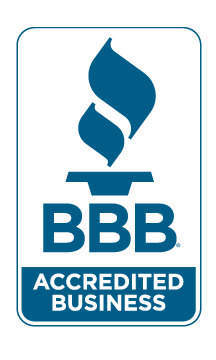As the festive season wraps us in its warm embrace, it's a time of joy, reflection, and connection. For you, as independent agents under my mentorship, it's also a crucial period to gear up for the opportunities and challenges of the New Year. I want to share with you insights and strategies to ensure that you're not just stepping into the New Year, but leaping forward with purpose and confidence.
Embracing the Season with Intent
The holidays offer a unique blend of personal joy and professional opportunity. While it's important to immerse yourself in the festivities, connecting with family and recharging your batteries, this period also offers a chance to reflect on your professional journey. Use this time to think about what you've achieved and where you aim to go. Remember, every personal interaction during this season can also enrich your professional network.
Setting the Stage for January 2nd
As we bid farewell to the old year and welcome the new, it's crucial to have a plan in place. January 2nd marks not just a new day, but a new chapter. Here are some steps to ensure you're ready:
- Reflect and Learn: Look back at the past year. What were your successes? Where did you face challenges? Learning from these experiences is key to growth.
- Goal Setting: Set clear, achievable goals for yourself. These should be specific, measurable, and aligned with your long-term aspirations.
- Enhance Your Skills: The quiet days of the holiday season are perfect for self-improvement. Whether it's learning new sales techniques or deepening your understanding of our products, use this time wisely.
- Strategic Planning: Develop a plan for the first quarter. Who are your target clients? What strategies will you use to reach them? How will you differentiate yourself in the market?
- Mental Preparedness: Approach the New Year with positivity and determination. Believe in your ability to succeed and maintain a mindset geared towards growth and learning.
The Importance of Life Insurance in Client Conversations
In the New Year, many of your clients will be more open to discussing their financial future. This is a prime opportunity to talk about the importance of life insurance. Your role is to help them understand how life insurance can be a key part of securing their family’s future.
Supporting You Every Step of the Way
As your mentor, I'm here to support you. This includes:
- Regular Check-ins: To discuss your progress, challenges, and successes.
- Resource Sharing: Providing you with the latest information, sales tools, and marketing strategies.
- Skill Development Sessions: Organizing workshops and webinars to hone your skills.
The Art of Building Relationships
Your success lies in the relationships you build. Every client interaction is an opportunity to establish trust and rapport. Always listen to your clients' needs and advise them with their best interest at heart.
Conclusion – Embarking on a Journey Together
As we enjoy the holiday season and gear up for the New Year, remember that you're not alone in this journey. I am here to guide, support, and celebrate your successes with you. Let’s use the holiday season as a launching pad for a prosperous year ahead.
I'm excited to see what you will achieve and how you will grow. Here’s to a festive season filled with happiness and a New Year filled with triumphs. Let's make this upcoming year a remarkable one for each of you, as independent agents of change and success.
Happy Holidays and a successful New Year to you all!





